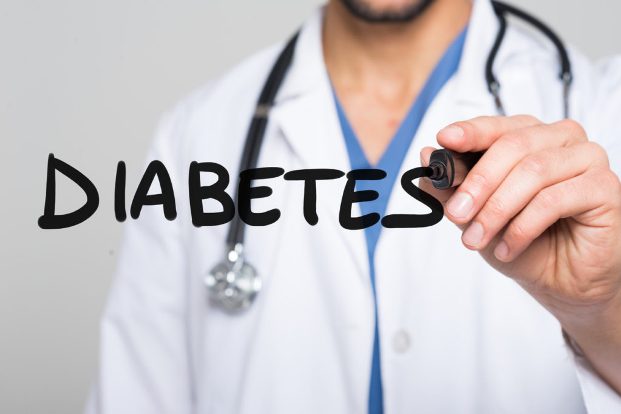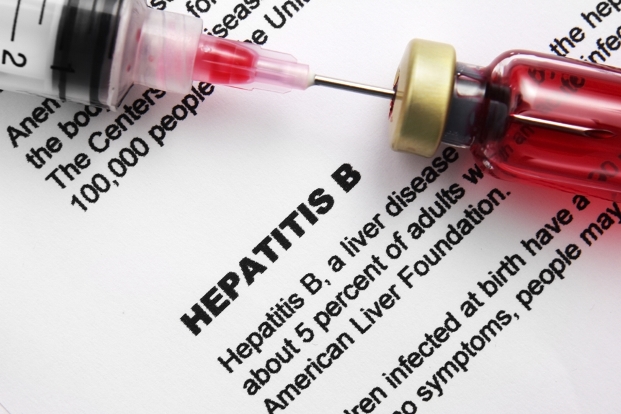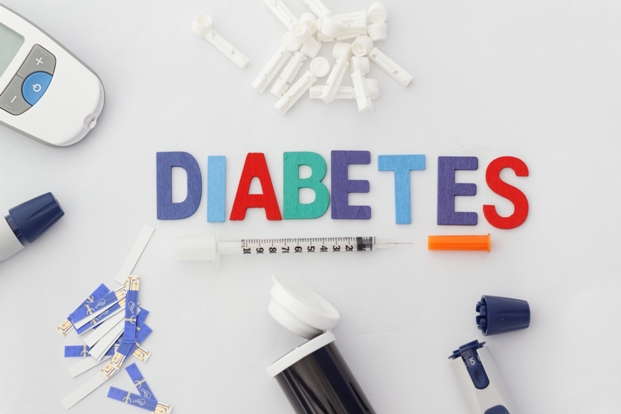Categories
- Bariatric Surgery (11)
- Black Fungus (5)
- Bone Marrow transplant (3)
- Brain Tumor Surgery Navigation Technology (20)
- Cardiac Surgery (66)
- Cardiology (97)
- Computer navigation technology for joint replacements (20)
- Covid Vaccination (17)
- Critical Care (2)
- Dental (19)
- Dermatology (31)
- Dialysis Support Group - “UTSAAH” (11)
- Dietitian (33)
- Emergency Medicine (4)
- Emotional Health (11)
- Endocrinology (33)
- ENT (20)
- Gastroenterology and GI Surgery (53)
- General and Laparoscopic Surgery (21)
- General Surgery (4)
- Gynecology & Obstetrics (183)
- Hematology (20)
- Internal Medicine (294)
- Kidney Transplant (50)
- Kidney Transplantation (20)
- Lung Cancer (8)
- Minimal Invasive Surgery (1)
- Mother & Child (20)
- mucormycosis (5)
- Nephrology (61)
- Neurology (147)
- Neurosurgery (68)
- Nutrition and Dietetics (107)
- Omicron Variant (1)
- Oncology (288)
- Ophthalmology (10)
- Orthopaedics & Joint Replacement (86)
- Paediatrics (59)
- Pediatric Nephrology (3)
- Physiotherapy (5)
- Plastic & Reconstructive Surgery (6)
- Psychiatry and Psychology (90)
- Psychologist (28)
- Pulmonology (72)
- Rheumatology (13)
- Spine Services (21)
- Transradial Angioplasty (16)
- Urology (84)
Query Form
Posted on Apr 19, 2022
Type 2 Diabetes in Men
Type 2 diabetes once known as non-insulin dependent diabetes or adult-onset diabetes is the most important and common form of diabetes, affecting 90% to 95% of the 13 million men with diabetes.

Unlike people with type 1 diabetes, people with type 2 diabetes produce insulin; however the insulin their pancreas secretes is either not enough or the body is unable to recognize the insulin and use it symmetric . It is called as insulin resistance. When there isn’t enough insulin or the insulin is not used as it should be, sugar (glucose) can’t get into the body’s cells to be used for fuel. When sugar builds up in the blood in place of going into cells, the body’s cells are not able to function right way . Other issued linked with the build up of sugar in the blood include:
- Dehydration. The build up of sugar in the blood can cause an raise in urination (to try to clear the sugar from the body). During this, a large quantity of water is also lost, causing dehydration.
- Hyperosmolar nonketotic diabetic coma. When a person with type 2 diabetes becomes highly dehydrated and is not good to drink extra fluids to make up for the fluid losses, they may develop this life-threatening complication.
- Damage to the body.More time high sugar levels in the blood may destroyed the nerves and few blood vessels of the eyes, kidneys, and heart and predispose a person to atherosclerosis (hardening) of the large arteries that can cause heart attack and stroke.
Anyone can get type 2 diabetes. However, those at highest risk for the disease are those who are obese or overweight, people with family members who have type 2 diabetes and people who have metabolic syndrome (a cluster of issued that involved high cholesterol, high triglycerides, low good ‘HDL’ cholesterol and a high bad ‘LDL’ cholesterol, and high blood pressure). In adding old people are more susceptible to increasing the disease since aging makes the body less tolerant of sugars.



